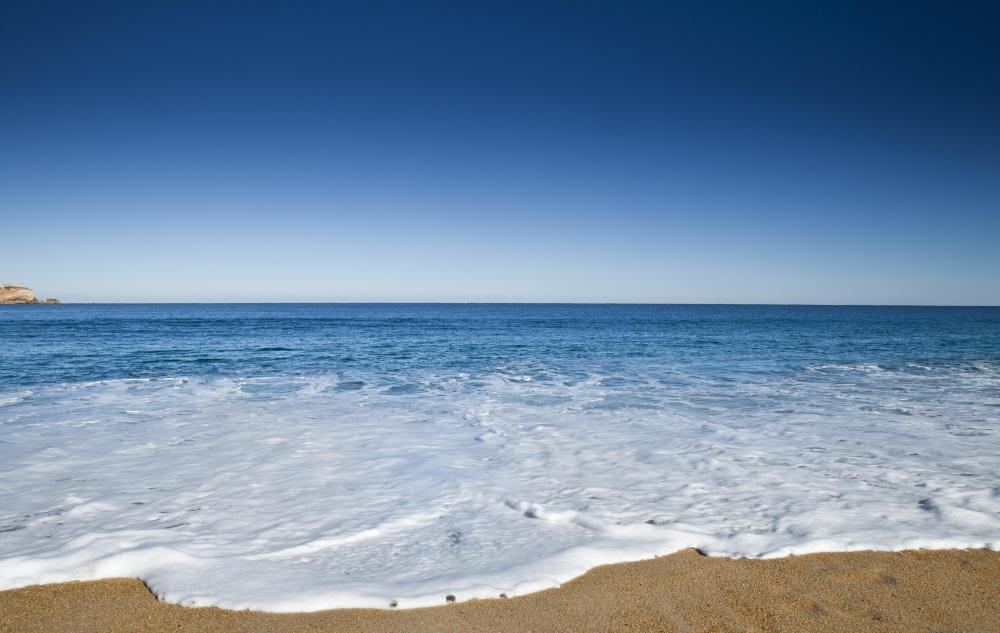At PracticalAdultInsights, we're committed to delivering accurate, trustworthy information. Our expert-authored content is rigorously fact-checked and sourced from credible authorities. Discover how we uphold the highest standards in providing you with reliable knowledge.
What Does a Physical Oceanographer Do?
A physical oceanographer is a type of scientist that studies the physical properties of the ocean. This includes, but is not limited to, learning about the waves, temperatures, and current patterns. It typically also includes the study of the relationship between the water in the ocean and its surroundings above and below the waves.
One of the more common areas of study is the impact of the ocean on its environs. This typically includes how the water interacts with the coastline to move sand to and from the beach. Of particular concern is the problem of erosion, since this impacts human habitation as well as the natural environment. A physical oceanographer may work with land developers or planners to avoid placing homes, buildings, or other types of developments where the ocean can destroy them.

Another area of interest is climate. Specifically, this type of scientist is interested in how the ocean and its currents impact the climate both near the ocean and further inland. Hurricanes and typhoons are of significant interest, but calmer weather conditions are also of interest. The relationship of oceanic conditions to temperature and rainfall on land is an important aspect of the field. Physical oceanographers continually strive to understand how conditions at sea relate to both flood and drought conditions on land.

As a general rule, this scientist is not involved in the study of marine life except as the animals and plants of the ocean relate to the physical conditions around them. Underwater volcanoes, called sea mounts, earthquakes, and anything else that impacts the ocean floor affects the animals that live there. A physical oceanographer may work with marine biologists or other scientists that study marine life in an effort to determine how such events change the daily lives of the creatures in the ocean.

To study the physical characteristics of the ocean, a physical oceanographer typically uses many different kinds of instruments. It is important that he or she understand how to use various devices. These may be used to measure the depth and speed of currents, changes in the sea floor, wind speeds over or near the ocean, and the ocean temperature in various locations.
Although some of these scientists may work exclusively out of a laboratory, many of them do not. In these cases the physical oceanographer works from the shore or from ships and boats in order to place instruments that will help to expand available knowledge. It is then up to the oceanographer to interpret the results obtained from the instruments.
AS FEATURED ON:
AS FEATURED ON:













Discuss this Article
Post your comments